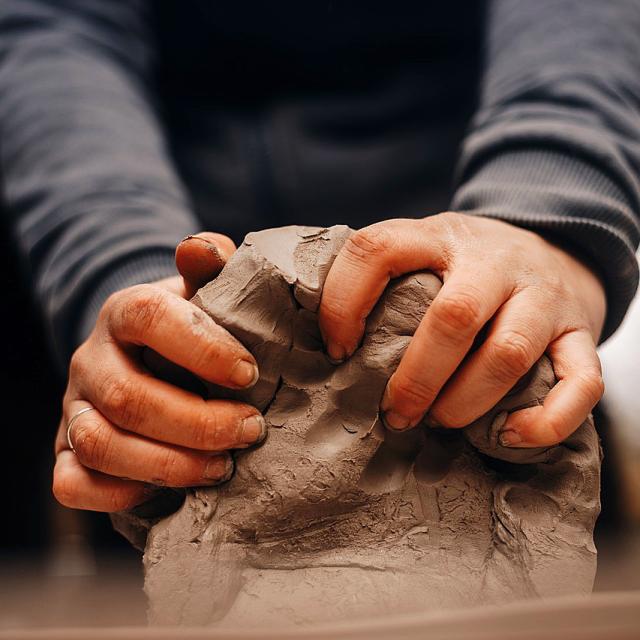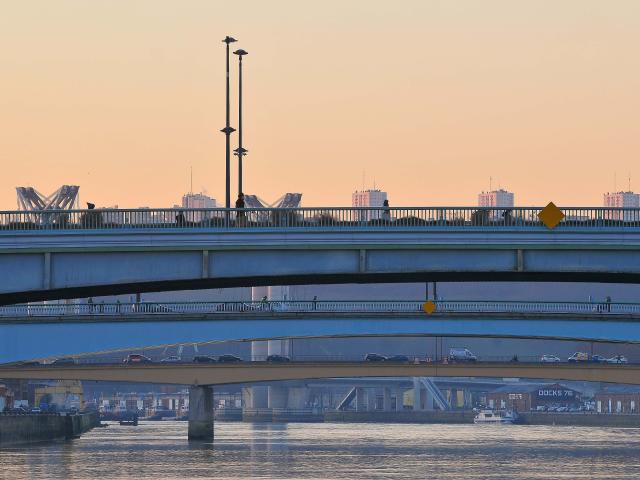 We tested for you the visit of the port of Rouen...
We tested for you the visit of the port of Rouen...You are indeed there in the heart of the first export grain port in Europe. Its storage capacity is enormous, more than one million tons. Located between Le Havre and Paris, the port of Rouen enjoys a strategic position. It is one of the only ones able to accommodate fully loaded sea giants 24 hours a day. It offers around 4,200 direct jobs and 13,700 induced jobs. Want more? The Port of Rouen is also the world’s leading port for wines and spirits and France’s leading vehicle import-export port. So take a tour to capture the energy of this modern Seine.













